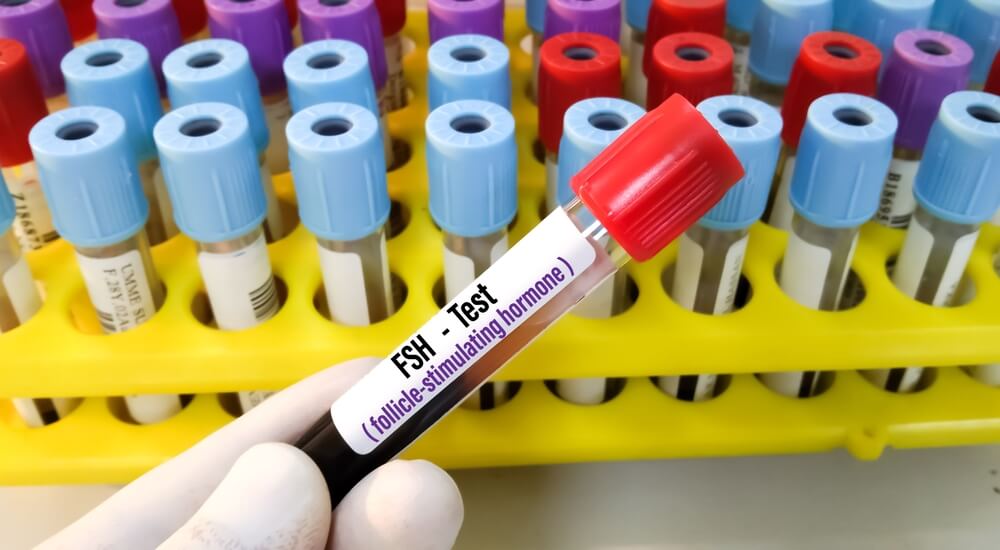Understanding the Impact of FSH Levels on Fertility

Follicle Stimulating Hormone (FSH) is crucial for reproductive health in both men and women. It plays a significant role in the development of eggs in women and sperm production in men. Imbalanced FSH levels can lead to fertility issues, making it essential to understand how these levels influence conception.
What is FSH?
FSH is a hormone produced by the pituitary gland that regulates the reproductive processes. In women, FSH stimulates the growth of ovarian follicles, each containing an egg, during the first half of the menstrual cycle. In men, FSH is essential for the production and maturation of sperm.
FSH Levels and Fertility in Women
For women trying to conceive, maintaining FSH levels below 10 mIU/ml is crucial. High FSH levels can indicate a decline in egg quality and quantity, often a sign of approaching menopause or diminished ovarian reserve. Conversely, low FSH levels might indicate problems with ovulation. Here’s how FSH levels impact fertility:
- High FSH Levels: Elevated FSH levels often suggest that the ovaries are not responding adequately to stimulation. This can be due to age-related decline in fertility, premature ovarian failure, or conditions like Turner syndrome. High levels can also indicate menopause, where the ovaries cease to function, leading to infertility.
- Low FSH Levels: Low levels can point to a malfunctioning pituitary gland or hypothalamus, which are critical in regulating the menstrual cycle and ovulation.
Also read: Understanding Your Chances Of Getting Pregnant After Ovulation
FSH Levels and Polycystic Ovarian Syndrome (PCOS)
Women with PCOS often have an abnormal LH to FSH ratio. Typically, the LH to FSH ratio in healthy women is about 1:1, but in PCOS, it can be 2:1 or even 3:1. This imbalance can disrupt ovulation, making it harder to conceive.
Testing FSH Levels
FSH levels are measured through a blood test, typically done on the third day of your menstrual cycle. This helps assess your ovarian reserve and overall reproductive health. Your doctor will interpret these levels in conjunction with other hormonal tests to provide a comprehensive understanding of your fertility status.
Interpreting FSH Test Results
- High FSH in Women: This may indicate poor egg quality, diminished ovarian reserve, or menopause. It can also suggest chromosomal abnormalities affecting fertility.
- High FSH in Men: Elevated FSH levels in men can point to testicular failure or issues with sperm production.
Managing FSH Levels
Understanding and managing FSH levels can enhance fertility. Here are some tips:
- Healthy Lifestyle: Maintain a balanced diet and regular exercise to support hormonal balance.
- Stress Reduction: High stress can disrupt hormonal levels. Practices like yoga and meditation can help.
- Medical Intervention: In some cases, medications or treatments like in vitro fertilization (IVF) may be necessary.
Conclusion
FSH levels are a crucial indicator of reproductive health. Regular monitoring and understanding of these levels can significantly impact your ability to conceive. Always consult with a healthcare provider to interpret your FSH levels accurately and to discuss potential treatments if needed.
For more detailed information and personalized advice, consult resources like the American Pregnancy Association or speak with a fertility specialist.
References
- Healthline – FSH Levels and Fertility
- American Pregnancy Association – Understanding FSH Levels
- Mayo Clinic – Hormonal Health
Also read: Comprehensive Guide To Fertility Lubricants


